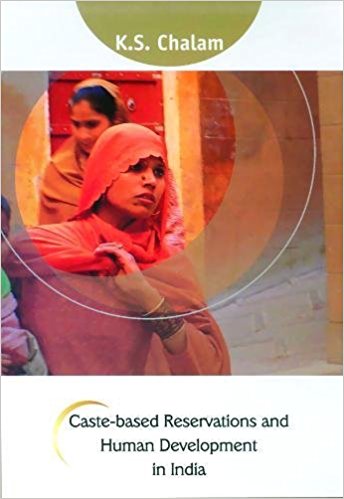The book under review by K.S. Chalam makes three observations on the subject of caste-based reservations in India in the introduction. First, it points out that there are few studies on the impact of the policy of reservations on development. While studies demonstrate that there is still considerable and in some cases growing social discrimination, little “factual data” is presented and evaluated which could help in policymaking. Moreover, a majority of the participants using “polemics…. are divided on caste lines. There is a total absence of objectivity and deep sense of scholarship in these writings indicating a serious malady in our intellectual tradition” (pg. 21). A rather harsh judgment, as objectivity is not always possible on contemporary subjects happening before us, and some distance of time and place is often required for ‘objectivity’ to the extent possible, in the social sciences. However, it is a statement that cannot be completely denied.
Second, Chalam points out that in this debate, concepts such as Affirmative Action, Diversity, Quotas, Reservation, Reparation etc., are used loosely, interchangeably and often out of context. The history of reservation struggles in India has not been adequately studied. Consequently, several contemporary pro and anti-reservation activists believe that these struggles are based on “affirmative action” in the USA while in actual fact the history of such struggles are older and have a different trajectory in our country.

